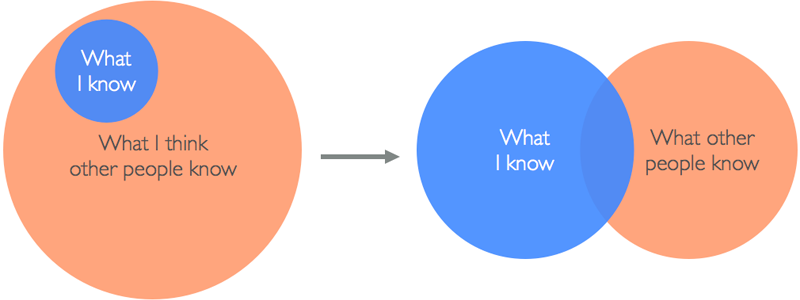There are very few newsletters I read consistently as I do the Daily Stoic Newsletter. It gives me the right boost I need each day for perspective, mortality and overall stoic philosophy.
It’s the beginning of the year and we’re all starting to do the new year shuffle. What are my goals? What do I want to focus on this year? Where am I going? I couldn’t think of a better guiding post than what I received from Daily Stoic earlier today. Here’s an expert of the email that highlights 12 focus areas to meditate on for 2018. I hope it will provide you with solid foundation as it did for me.
Clarity — Remember, the most important task is to separate the things that are in your control from those that are not in your control. To get real clarity about what to focus on in life. As Seneca put it, “It’s not activity that disrupts people, but false conceptions of things that drive them mad.”
Equanimity — To the Stoics, the passions were the source of suffering. “A real man doesn’t give way to anger and discontent,” Marcus Aurelius reminded himself, “and such a person has strength, courage and endurance—unlike the angry and the complaining.” Calmness is strength.
Awareness — Accurate self-assessment is essential. Know thyself, was the dictum from the Oracle at Delphi. Knowing your strengths is just as important as knowledge of your weakness, and ignorance of either is ego (as we show here). As Zeno put it, “nothing is more hostile to a firm grasp on knowledge than self-deception.”
Unbiased Thought — “Objective judgement, now at this very moment,” was Marcus’s command to himself. Our life is colored by our thoughts, the Stoics said, and so to be driven by this bias or that bias—this delusion or that false impression—is to send your whole existence off-kilter.
Right Action — It’s not just about clear thoughts, but clear thoughts that lead to clear and right action. “First, tell yourself what kind of person you want to be,” Epictetus said, “then do what you have to do.” Emphasis on the do. Remember Marcus: “Don’t talk about what a good man is like. Be one.” This philosophy is for life, not for the ethereal world.
Problem Solving — Are you vexed by daily obstacles or do you throw yourself into solving them? “This is what we’re here for,” Seneca said. No one said life was easy. No one said it would be fair. Let’s make progress where we can.
Duty — “Whatever anyone does or says,” Marcus wrote, “I’m bound to the good…Whatever anyone does or says, I must be what I am and show my true colors.” He was talking about duty. Duty to his country, to his family, to humankind, to his talents, to the philosophy he had learned. Are you doing yours?
Pragmatism — A Stoic is an idealist…but they are also imminently practical. If the food is bitter, Marcus wrote, toss it out. If there are brambles in the path, go around. Don’t expect perfection. Be ready to be flexible and creative. Life demands it.
Resiliency — Do you want to count on good luck or be prepared for anything that happens? The Stoics had an attitude of “Let come what may” because they had cultivated inner-strength and resilience. Make sure you’ve done your training.
Kindness — Be hard on yourself, and understanding of others. See every person you meet, as Seneca tried to do, as an opportunity for kindness and compassion. Nothing can stop you from being virtuous, from being good. That’s on you.
Amor Fati — Don’t just accept what happens, love it. Because it’s for the best. Because you will make it for the best. A Stoic embraces everything with a smile. Every obstacle is fuel for their fire, to borrow Marcus’s metaphor.
Memento Mori — We’re strong but we’re not invincible. We were born mortal and nothing can change that. So let us, as Seneca said, “prepare our minds as if we’d come to the very end of life.” Let us put nothing off, let us live each moment fully.




